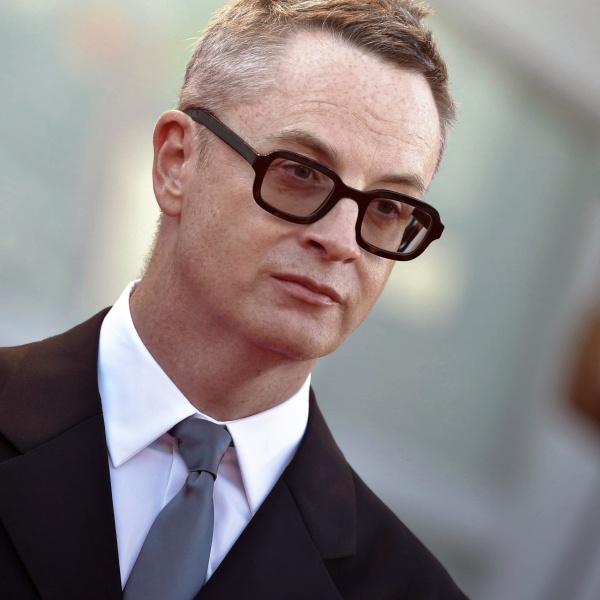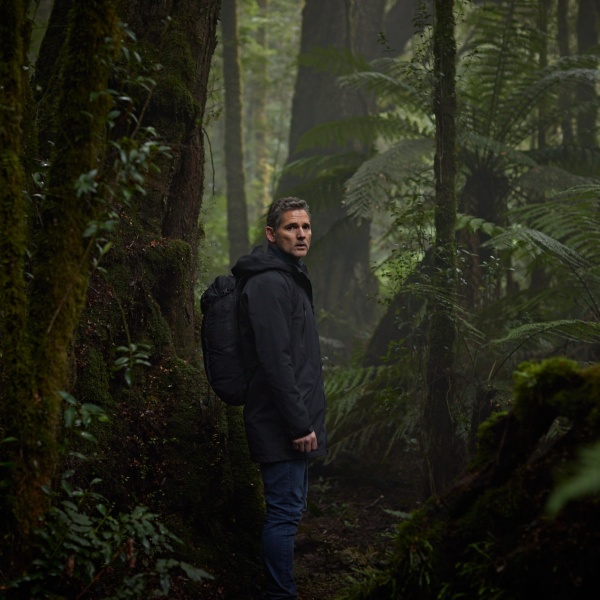Studio Ghibli and producer Toshio Suzuki announced that there will be no advertisements or trailers for Hayao Miyazaki‘s “How Do You Live?” in Japan prior to its July 14 release, per a recent interview with Japanese magazine Bungei Shunji (translated by The Hollywood Reporter). All we’ve seen so far is a hand-drawn poster (below).
While the U.S. and international release dates have yet to be announced, Studio Ghibli producer and general manager Suzuki said that the distribution company sought to “do something different” with the rollout of “How Do You Live?”
“As part of company operations, over the years Ghibli has wanted people to come see the movies we’ve made,” Suzuki said. “So we’ve thought about that and done a lot of different things for that purpose — but this time we were like, ‘Eh, we don’t need to do that.’ Doing the same thing you’ve done before, over and over, you get tired of it. So we wanted to do something different.”
Suzuki added, “There’s an American movie — ah, I almost said the title out loud! — coming out this summer around the same time [as ‘How Do You Live?’]. They’ve made three trailers for it, and released them one at a time. If you watch all three, you know everything that’s going to happen in that movie. So how do moviegoers feel about that? There must be people, who, after watching all the trailers, don’t want to actually go see the movie. So, I wanted to do the opposite of that.”
The Studio Ghibli highly anticipated new film is Miyazaki’s first directorial effort since 2013’s “The Wind Rises.” The director came out of retirement in 2016 to announce “How Do You Live?” which is among the top animated releases of this summer. An international release date has not been set, though a fall rollout is expected for the film in the U.S.
IndieWire has reached out to U.S. representatives for Studio Ghibli for comment.
“How Do You Live?” is an adaptation of Yoshino Genzaburo’s 1937 story about a young boy who comes of age while living with his uncle after the death of his father. Miyazaki is dedicating the film to his own grandson.
“I’ve been involved with our movies since Nausicaä of the Valley of the Wind [in 1984], but this was the first time Hayao Miyazaki genuinely praised me,” Suzuki recalled. “‘Suzuki-san, this is amazing. This is the best poster you’ve ever made,’ he said. I felt like that was a hint, so I decided ‘Let’s go with just this one poster for the marketing.’ So, no trailers or TV commercials at all…No newspaper ads either. Deep down, I think this is what moviegoers latently desire.”
Suzuki previously gave an update on “How Do You Live?” in 2020, citing that while production continued during the COVID-19 lockdown, the film was still at least three years away from being completed due to Miyazaki’s determination to hand-draw every frame.
“We are still hand-drawing everything, but it takes us more time to complete a film because we’re drawing more frames,” Suzuki said at the time. “So, there are more drawings to draw than before. Back when we were making ‘My Neighbor Totoro,’ we only had eight animators. ‘Totoro’ we made in eight months. [For] the current film that Miyazaki is working on, we have 60 animators, but we are only able to come up with one minute of animation in a month. That means 12 months a year, you get 12 minutes worth of movie. Actually, we’ve been working on this film for three years, so that means we have 36 minutes completed so far. We’re hoping it will finish in the next three years.”
Suzuki admitted he was at first skeptical to sign on to another Miyazaki film after the director un-retired.
“Many directors make films on and on and on throughout their careers as they grow older,” Suzuki said. “When Miyazaki came back and said that I want to make a film again, I actually said that’s not a great idea because he’s achieved so much already. You can’t come back and do something that you’ve already done in the past, you have to do something different. One of the ideas that came out from that was, why not spend more time and spend more money [to make a film]? So, that’s one of the new approaches.”




